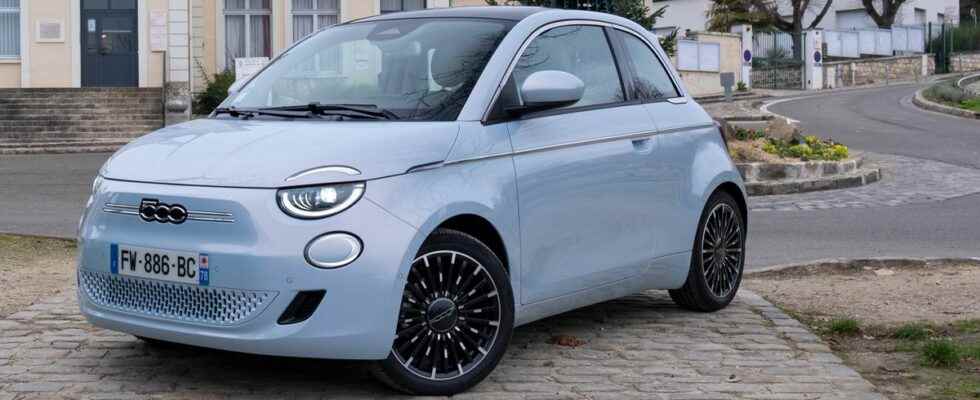France Stratégie, an analysis and consulting firm with Matignon, has just made public its study on the costs of obtaining and using an electric vehicle. According to the organization, the current system of ecological bonuses is not satisfactory and does not stimulate enough a market that is taking time to take off. While the market share of electric vehicles continues to grow each year, it is currently only around 12%, while a target of 100% is targeted for 2035.
According to the consulting firm, one of the main reasons is the additional cost of purchase, which remains significant – more than €15,000 for the B segment and more than €10,000 for a C-segment SUV, and this despite even a lower cost of use of 1200 € per year than that of a thermal vehicle.
Considering this lower cost of use, the purchase aid including the ecological bonus, the conversion premium, local aid and a lower discount on the resale of the electric vehicle, this additional purchase cost would be offset. But only for so-called entry-level vehicles.
For France Stratégie, entry-level is a solution for developing electricity. “This segment of entry-level electric vehicles on the new market could be a relevant entry point into the transition to electric, especially for low-income households, due to a much lower acquisition cost than electric vehicles. segments B and SUV C taking into account the aids, in the event that they are all triggered. It is around €10,000 for an entry-level electric vehicle, compared to €25,000 for a segment B electric vehicle and €36,000 for an electric SUV C, for the very modest category. The total additional cost of switching to electricity would thus be more than offset by the aid.“It is true that manufacturers have gradually moved away from city cars over the past ten years due to insufficient profitability.
An ecological bonus reserved for small and light electric vehicles
At the same time, the report recalls that the various aids offered are varied and difficult to read. “These schemes depend little on the conditions of resources with the exception of the conversion bonus: the ecological bonus depends on the engine of the vehicle and its purchase price, the malus tax depends on the CO2 emissions of the vehicles and the malus to the weight depends on the mass in running order“, we read in the document. The idea of France Strategy would therefore be to review the various support levers in order to accelerate the growth of sales of electric vehicles, while “decarbonizing” the car fleet.
According to the firm, the aid could be based on a finer targeting of the ecological bonus, in particular by restricting it to small electric vehicles, while tightening the penalty on CO2 emissions (which can already go up to 50% of the purchase price) and on the weight by including electric vehicles. The report also recommendsspecific support for low-income households, especially positioned on the second-hand market where the electricity supply is limited, and a framework for expectations on the price of electricity and the availability of refills, because the uncertainty in this area can be a brake thwarting financial incentives, as shown by the share of electricity in sales, which today is not commensurate with its relative profitability.“
As a reminder, the government has announced from next year an increase in the ecological bonus to €7,000 for the most modest households, without however revealing the details, as well as a leasing offer at €100/month for the getting an electric car.

